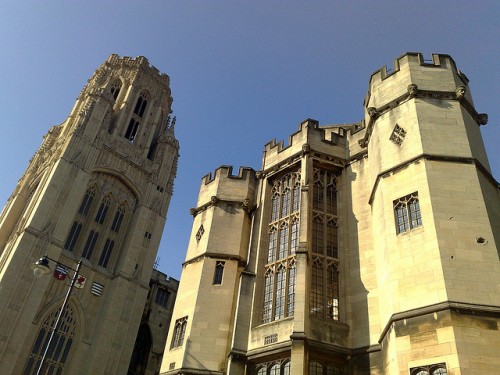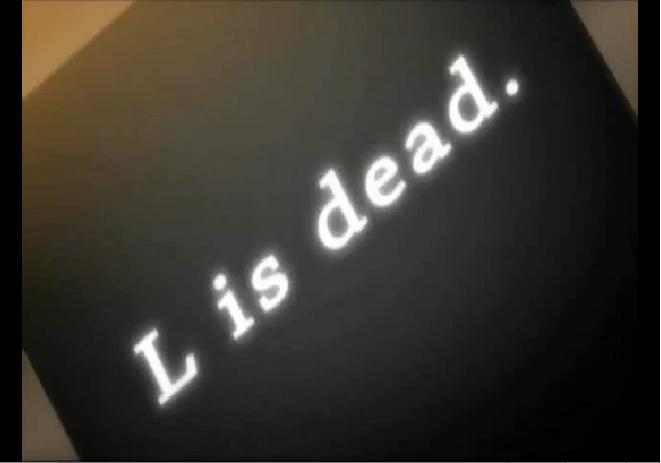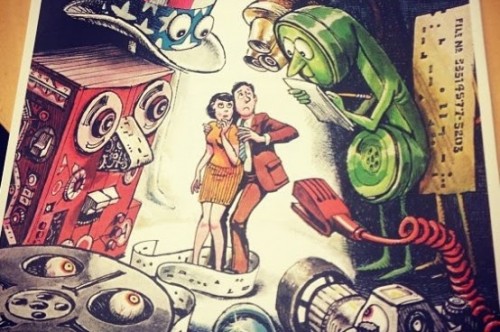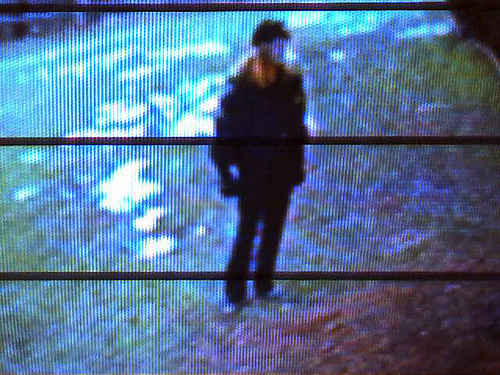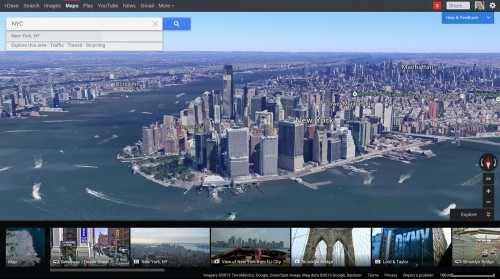
Silicon is a cyborg element. You can find it everywhere, but almost always bonded to something else. Silicon is the second-most abundant element on the planet and yet you have probably never seen it in its pure form. (For the record, it looks kind of like a leftover baked potato wrapped hastily in tin foil.) Entire geographic formations are named after the element, but (and I think this might be a first for naming conventions) those places have largely nothing to do with the extraction or even refinement of that element. Silicon is a prerequisite, a synecdoche for a larger industry that demands we refine and purify this promiscuous metal into a predictable and highly controlled component. True to its namesake, Silicon Valley (not to mention Austin’s lesser-known “Silicon Hills”) is an exercise in refinement. Intricate and eclectic streets are tossed aside in favor of gleaming, modern campuses with strict access control. It is a place where functions are separated so that they may reach the sorts of optimal efficiencies that Le Corbusier promised and Moses tried to deliver. But unlike Moses or Le Corbusier, the planners and corporate patrons of Silicon Valley are making places meant to be freely chosen. more...


